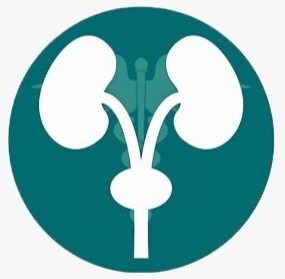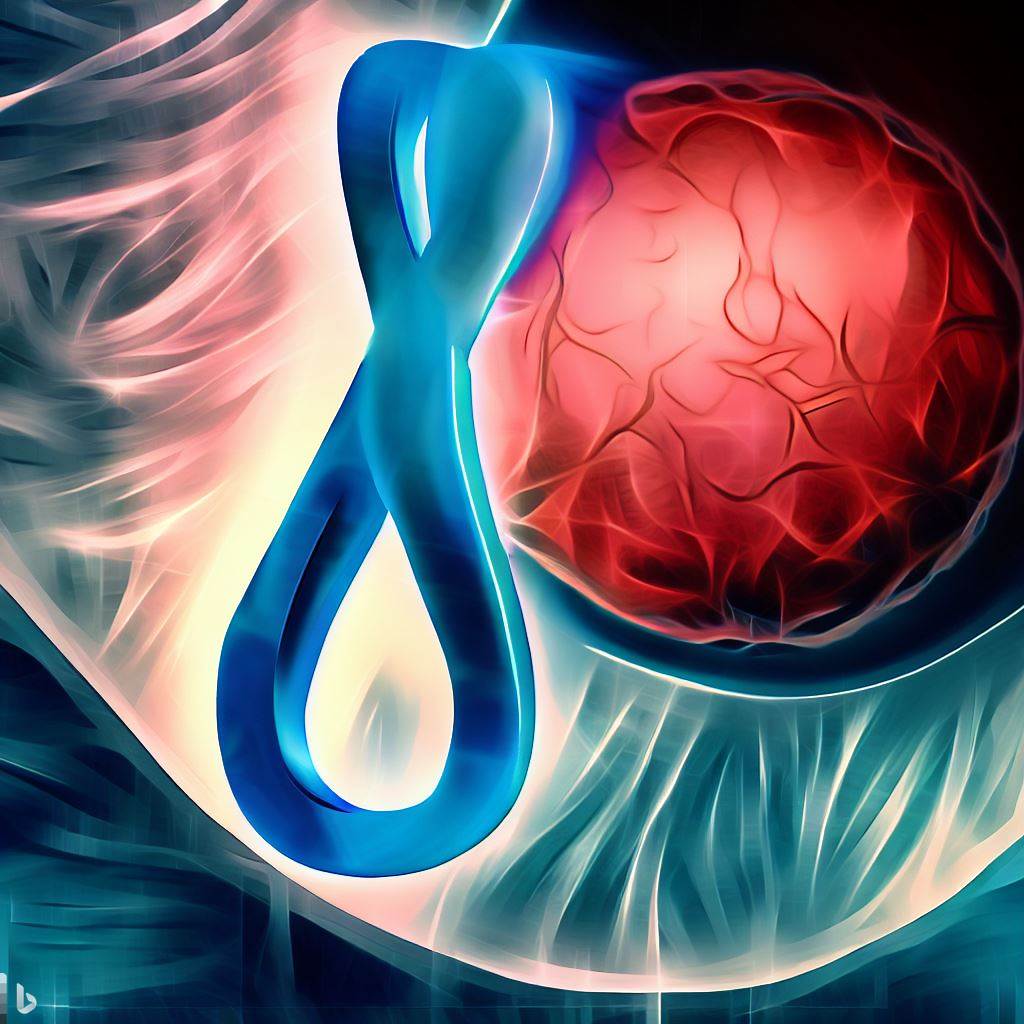Prostate cancer symptoms can often go unnoticed or be mistaken for other conditions. Understanding the signs of prostate cancer is crucial for early detection and timely treatment. In this article, we delve into the symptoms that are most likely to go unnoticed, highlight the importance of vigilance, and emphasize the need for medical attention.
Recognizing Unnoticed Prostate cancer symptoms
Changes in Urination Patterns
Changes in urination patterns can be early signs of prostate cancer. Pay attention to the following:
Increased frequency of urination, especially at night: If you find yourself waking up multiple times during the night to urinate, it could be a potential symptom of prostate cancer.
Difficulty starting or stopping urination: Struggling to initiate urination or experiencing a weak urine stream may indicate an underlying issue, including prostate cancer.
Weak urine flow or dribbling: If your urine stream becomes weak or you notice dribbling after urination, it’s worth discussing with a healthcare professional.
It’s important to note that these symptoms can also be caused by non-cancerous conditions, such as benign prostatic hyperplasia (BPH). However, if you experience any of these changes, it’s advisable to seek medical attention for further evaluation.
Erectile Dysfunction
Erectile dysfunction (ED) refers to the inability to achieve or maintain an erection sufficient for sexual intercourse. While it can be caused by various factors, including stress and age, it can also be an early sign of prostate cancer. Pay attention to the following:
Difficulty achieving or maintaining an erection: If you consistently struggle to achieve or sustain an erection, it’s essential to discuss this with a healthcare professional.
Decreased sexual desire: A loss of interest or reduced libido may also be associated with prostate cancer. If you notice a significant decline in your sexual desire, consider seeking medical advice.
Keep in mind that ED can be caused by other factors unrelated to prostate cancer, such as diabetes or cardiovascular issues. Therefore, a proper medical evaluation is necessary to determine the underlying cause.
Blood in Urine or Semen
The presence of blood in urine or semen, known as hematuria and hematospermia, respectively, should not be ignored. While these symptoms can be alarming, they can also indicate prostate cancer. Consider the following:
Appearance of blood in urine or semen: If you notice blood in your urine or semen, even if it occurs infrequently, it’s important to consult with a healthcare professional for evaluation.
Discoloration or presence of blood during ejaculation: If you observe any changes in the color or notice blood during ejaculation, it’s advisable to seek medical attention.
It’s worth mentioning that blood in urine or semen can have causes other than prostate cancer, such as infections or urinary tract issues. Nevertheless, these symptoms should always be evaluated by a healthcare professional.
Pelvic Pain or Discomfort
Persistent pain or discomfort in the pelvic region, lower back, or hips may be a symptom of prostate cancer. While these symptoms can also be attributed to other conditions, it’s important to be aware of the potential association with prostate cancer. Consider the following:
Persistent pain or discomfort in the pelvic region: If you experience ongoing pelvic pain that is not relieved with over-the-counter medications or other remedies, it’s advisable to consult with a healthcare professional.
Painful ejaculation: If you notice pain during ejaculation, it could be an indication of an underlying issue, including prostate cancer.
It’s important to note that pelvic pain can be caused by various factors, including muscle tension or other non-cancerous conditions. However, discussing these symptoms with a healthcare professional can help determine the cause and appropriate treatment.
Unexplained Weight Loss and Fatigue
Unexplained weight loss and persistent fatigue are symptoms that can often go unnoticed or be attributed to other causes. However, they can also be associated with prostate cancer. Consider the following:
Sudden and unexplained weight loss: If you notice a significant and unintended weight loss without changes in diet or exercise, itmay be worth discussing with a healthcare professional.
Persistent fatigue or lack of energy: If you experience ongoing fatigue, even with adequate rest and sleep, it’s important to mention this to a healthcare professional.
It’s essential to note that weight loss and fatigue can be caused by a range of factors unrelated to prostate cancer. However, if these symptoms are persistent and unexplained, seeking medical advice is recommended.
Conclusion Prostate Cancer Symptoms
Prostate cancer symptoms can often go unnoticed or be mistaken for other conditions. However, being aware of the potential signs is crucial for early detection and timely intervention. Changes in urination patterns, erectile dysfunction, blood in urine or semen, pelvic pain, and unexplained weight loss or fatigue should not be ignored. If you experience any of these symptoms, it’s important to consult with a healthcare professional for further evaluation. Remember, early detection plays a critical role in improving treatment outcomes and overall prognosis for prostate cancer.
FAQs: Prostate Cancer Symptoms
Are there other prostate cancer symptoms besides the ones mentioned?
Yes, there can be additional symptoms of prostate cancer, including bone pain, swelling in the legs, difficulty in bowel movements, and urinary incontinence. It’s important to consult with a healthcare professional for a comprehensive evaluation.
Can these symptoms be caused by conditions other than prostate cancer?
Yes, some symptoms mentioned can be caused by other conditions, such as urinary tract infections, benign prostatic hyperplasia (BPH), or age-related changes. It is essential to consult with a healthcare professional for a proper diagnosis and to rule out other potential causes.
Are these symptoms exclusive to prostate cancer?
No, these symptoms can also be associated with other health conditions. However, if you experience any of these symptoms, it’s advisable to consult with a healthcare professional for further evaluation and appropriate diagnosis.
Do all men with prostate cancer experience noticeable symptoms?
No, not all men with prostate cancer experience noticeable symptoms, particularly in the early stages. Regular screenings, such as prostate-specific antigen (PSA) tests and digital rectal exams, are important for early detection, even in the absence of symptoms.
Is it necessary to see a healthcare professional if I experience these symptoms?
It is strongly recommended to consult with a healthcare professional if you experience any of the mentioned symptoms or have concerns about your prostate health. They can provide a proper evaluation, conduct necessary tests, and offer appropriate guidance based on your specific situation.




